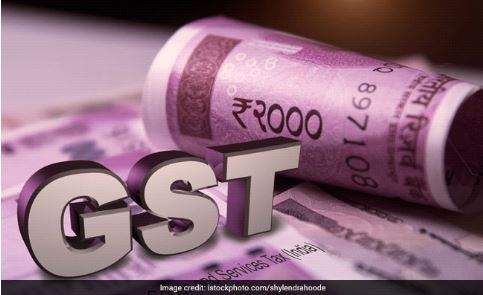Remember that delicious pizza you ordered last night? Or the comfy new T-shirt you bought online? Both come with a hidden cost – the Goods and Services Tax (GST). But there’s a twist! For some years, states received a compensation cess to help them adjust to this new tax system. Now, that’s about to expire, leaving everyone wondering: who will win, consumers or the exchequer (government treasury)?
Imagine this: The compensation cess was like training wheels for states, helping them adapt to the GST system. Now, the training wheels are coming off, and everyone’s waiting to see if the states can ride smoothly without them.
The Players:
- Consumers: We all pay GST, impacting our everyday purchases.
- States: They rely on GST revenue for various public services like healthcare and education.
- Exchequer (Government): It collects GST and the compensation cess.
The Stakes:
- Consumers: Will they face higher taxes or reduced public services?
- States: Will they have enough funds to maintain essential services?
- Exchequer: Will it gain additional revenue or face pressure to reduce taxes?
Possible Scenarios:
- Consumers Win: States might reduce their own taxes to compensate for the loss of cess, leading to lower prices for consumers.
- Exchequer Wins: The government might use the additional cess revenue for various initiatives or reduce other taxes.
- Mixed Bag: Some states might raise taxes, others might not, leading to uneven impact on consumers across the country. Public services might be affected if states struggle financially.
Examples to Relate:
- If your state decides to raise taxes to compensate for the cess loss, your pizza might become slightly more expensive.
- If the government uses the cess revenue for infrastructure projects, it could lead to better roads and public transport, benefiting everyone.
- If some states struggle financially, healthcare or education services might be impacted, affecting citizens directly.
The Verdict:
The final outcome depends on various factors, including individual state decisions and the overall economic climate. It’s a complex game with no guaranteed winners or losers, but understanding the stakes helps us navigate the potential impacts.
Remember: This is just a simplified overview. The actual impact will vary depending on various factors and individual state policies. It’s important to stay informed about developments in your state and how they might affect you.
